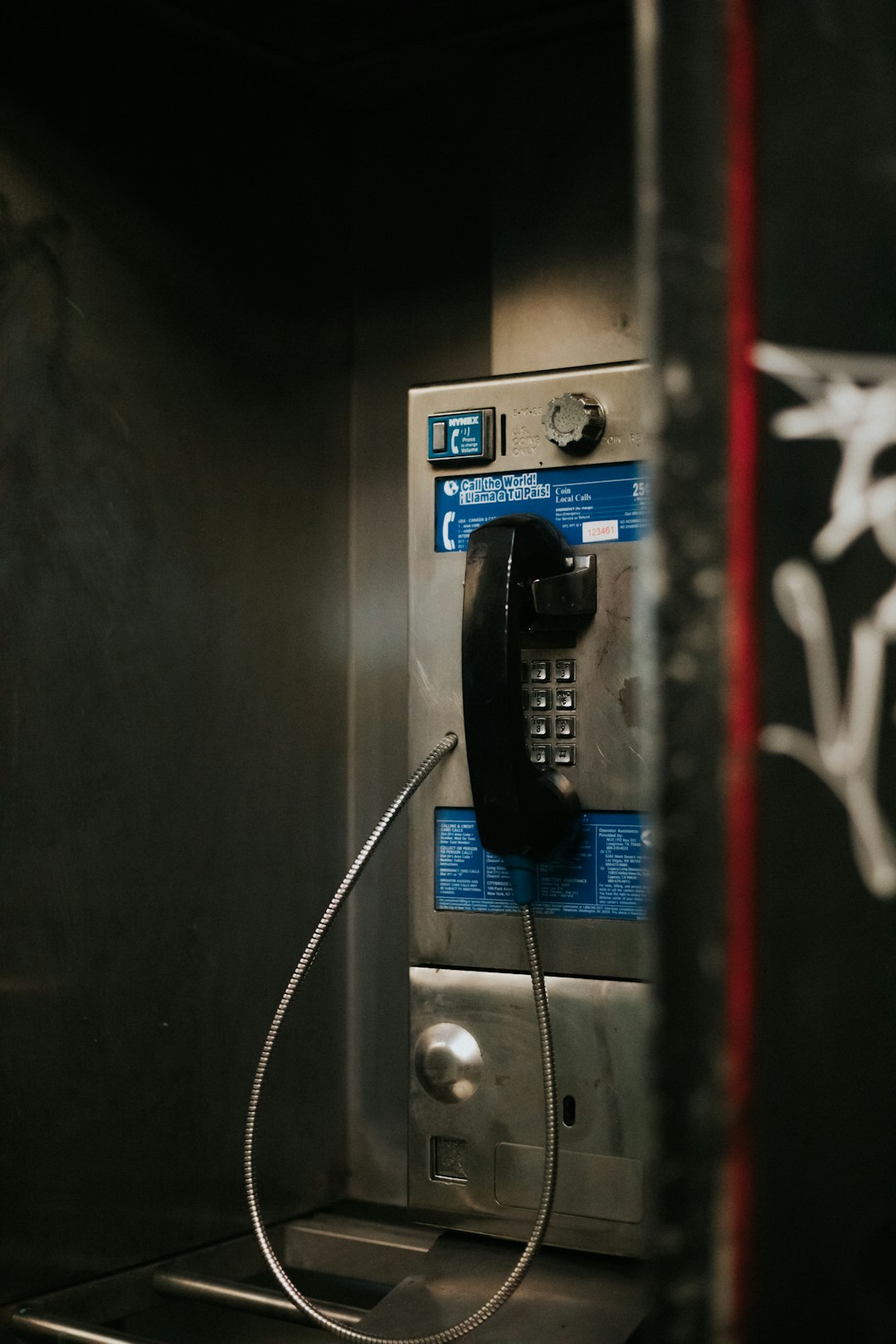Philadelphia's "Do Not Text Laws" mandate prior consent for business texts, with individuals able to opt-out by replying "STOP." Violations carry heavy penalties up to $10,000 and may result in legal fees, court orders, and criminal charges. Consumers can protect themselves by registering on the Do Not Call Registry and reporting spam, fostering a less intrusive digital environment.
In Philadelphia, respecting consumers’ privacy is not just a courtesy—it’s the law. Understanding and adhering to the city’s stringent Do Not Text Laws is crucial for businesses to avoid hefty fines and maintain customer trust. This comprehensive guide breaks down key aspects of these regulations, from identifying spam texts to protecting your rights as a consumer. Learn how to stay compliant and ensure your text messaging practices align with Philadelphia’s strict guidelines.
Understanding Philadelphia's Do Not Text Laws

Philadelphia has implemented strict regulations to combat unwanted text messages, also known as spam texts. These laws, often referred to as the “Do Not Text Laws,” are designed to protect residents from unsolicited marketing via text. The primary focus is on preventing businesses from sending promotional texts to individuals who have not given explicit consent.
Under these regulations, companies must obtain prior permission before texting advertisements or promotions to Philadelphia residents. This means that if you haven’t signed up for a particular company’s text message alerts or marketing campaigns, you should expect fewer spam texts. Residents can opt-out of such messages by replying “STOP” to the sender, which immediately adds them to a do-not-text list. Understanding and adhering to these Do Not Text Laws is crucial for both businesses operating in Philadelphia and residents looking to minimize unwanted digital communication.
Identifying Spam Texts: Common Red Flags

Spam texts can often be identified by several red flags that consumers in Philadelphia should look out for. One of the most common indicators is unsolicited messages, especially those promoting products or services from unknown sources. These could include advertising campaigns aimed at a broad audience without any personalisation. For instance, receiving generic text messages about cheap insurance rates or free samples with no prior interaction or consent raises suspicions of spamming.
Another red flag is the presence of short links within the text. While concise URLs are sometimes used for legitimate purposes, they can be a tactic to hide the actual destination website, which might contain malicious content or lead to unknown services. Additionally, repeated or frequent messages from an unknown sender, especially those asking for personal information, should be treated with caution. Familiarize yourself with local Do Not Text laws in Philadelphia to stay protected and avoid falling victim to spamming attempts.
Enforcement and Penalties: What to Expect

In Philadelphia, enforcement of anti-spam text message laws is taken seriously. Violations can result in substantial penalties, including fines that can reach up to $10,000 per incident. The city’s Office of Attorney for Legal Services plays a pivotal role in investigating and prosecuting cases of unwanted text messages. They actively monitor complaints and take swift action against businesses or individuals found guilty of sending spam texts in violation of the Do Not Text laws.
Beyond financial penalties, those convicted may also face additional consequences like legal fees, court orders to stop sending texts, and even potential criminal charges for repeat offenders. It’s crucial for businesses to understand and comply with these regulations to protect their reputation and avoid hefty fines. Remember, under Philadelphia’s Do Not Text laws, sending unsolicited text messages can have serious repercussions.
Protecting Your Rights: Consumer Tools & Resources

Protecting your rights as a consumer is crucial in navigating the complex landscape of communication laws, especially when it comes to spam texts. In Philadelphia, the Do Not Text Laws offer a robust framework for residents to safeguard their privacy and prevent unsolicited text messages. These laws empower individuals to take control of their communication preferences by providing various tools and resources.
One such tool is the ability to register your phone number on the Do Not Call Registry, which also includes protection against spam texts. Additionally, Philadelphia’s regulations offer mechanisms to file complaints against violators, ensuring that businesses adhere to ethical practices. With these consumer-focused measures, the city strives to create a more harmonious and less intrusive digital environment for its residents.






